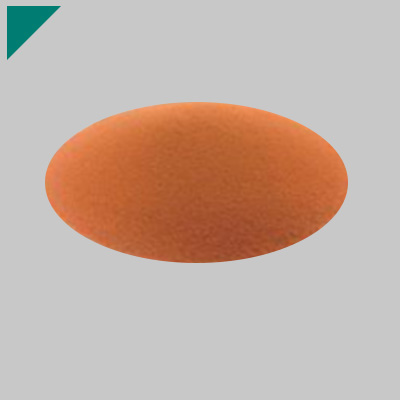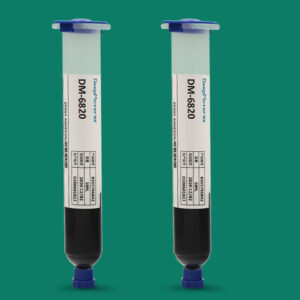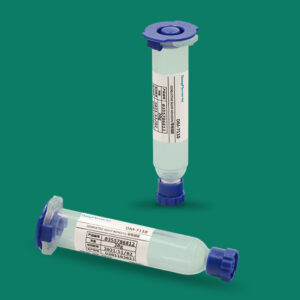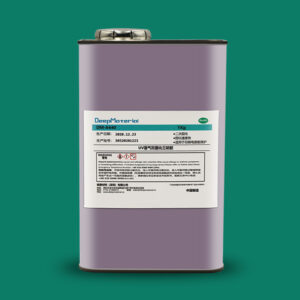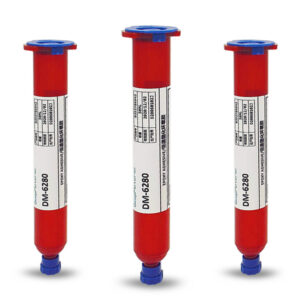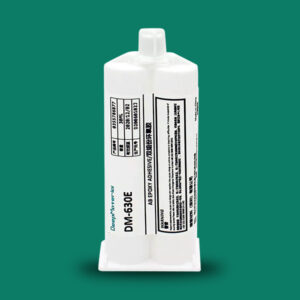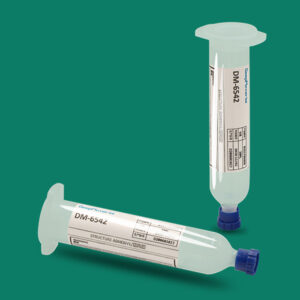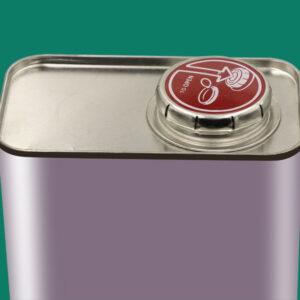Epoxy Powder Coating for Electrical Insulation: A Comprehensive Guide
Epoxy Powder Coating for Electrical Insulation: A Comprehensive Guide
Epoxy powder coating is a type of coating applied as a free-flowing, dry powder. Unlike traditional liquid paint, delivered via an evaporating solvent, powder coating is typically applied electrostatically and cured under heat. This process forms a hard, durable layer significantly more robust than conventional paints. One of the most critical applications of epoxy powder coating is in electrical insulation.
The Role of Epoxy Powder Coating in Electrical Insulation
Superior Dielectric Properties
Epoxy powder coatings are renowned for their excellent dielectric properties. Dielectric materials are insulators that can be polarized by an electric field, supporting an electrostatic field while dissipating minimal energy. These properties are essential for electrical insulation applications, where the primary goal is to prevent electrical currents from passing through the coating material.
Epoxy powder coatings offer a high dielectric strength, which measures the maximum electric field a material can withstand without breaking down. This makes them ideal for high-voltage environments, where robust insulation is crucial for safety and performance.
Thermal Stability and Chemical Resistance
Electrical components often operate in harsh environments exposed to high temperatures, chemicals, and other stressors. Epoxy powder coatings provide excellent thermal stability, maintaining their insulating properties even at elevated temperatures. This makes them suitable for various electrical and electronic applications, including transformers, motors, and circuit boards.
In addition to thermal stability, epoxy powder coatings are highly resistant to various chemicals, including acids, bases, and solvents. This chemical resistance ensures that the coatings can protect electrical components from corrosive environments, further enhancing their durability and longevity.
Mechanical Strength and Adhesion
Another significant advantage of epoxy powder coatings is their mechanical strength. These coatings form a tough, durable layer that can withstand mechanical stress, abrasion, and impact. This mechanical robustness ensures that the coatings provide reliable insulation even in demanding applications.
Moreover, epoxy powder coatings exhibit excellent adhesion to various substrates, including metals, ceramics, and plastics. This strong adhesion ensures that the coatings remain firmly attached to the underlying material, providing consistent and reliable insulation.
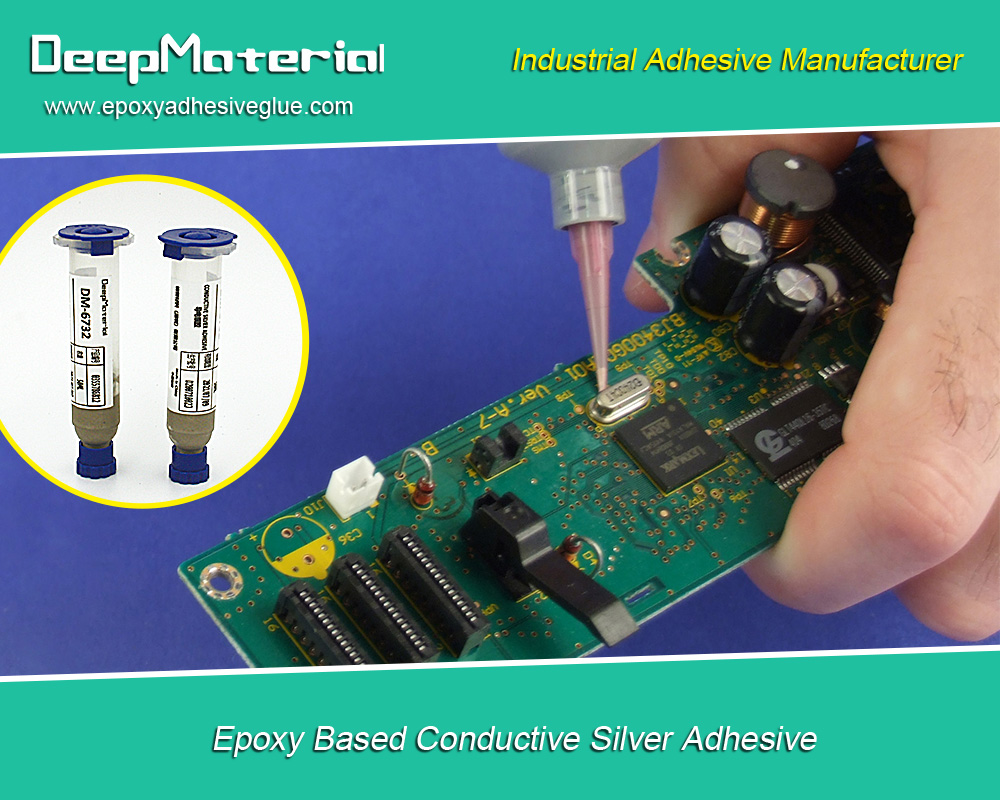
Applications of Epoxy Powder Coating in Electrical Insulation
Transformers and Inductors
Transformers and inductors are critical components in electrical power systems that transfer electrical energy between circuits. These devices often operate at high voltages and require robust insulation to prevent electrical breakdown and ensure safe and efficient operation.
Epoxy powder coatings are widely used to insulate the windings and cores of transformers and inductors. Their high dielectric strength ensures that they can withstand the electric fields present in these devices. At the same time, their thermal stability allows them to maintain their insulating properties even at the elevated temperatures encountered during operation.
Electric Motors
Electric motors are another essential application for epoxy powder coatings. Motors convert electrical energy into mechanical energy and are used in various applications, from household appliances to industrial machinery.
Epoxy powder coatings are used to insulate the windings and other components of electric motors. The coatings provide excellent electrical insulation, preventing short circuits and ensuring the motor’s efficient operation. Additionally, the coatings’ mechanical strength helps to protect the motor components from wear and tear, further enhancing their durability and longevity.
Circuit Boards and Electronic Components
Circuit boards and electronic components are at the heart of modern electronics, from consumer devices to industrial control systems. These components often operate at high frequencies and require reliable insulation to prevent electrical interference and ensure proper function.
Epoxy powder coatings are used to insulate circuit boards and other electronic components. The coatings provide a robust barrier against electrical currents, helping to prevent short circuits and electrical interference. Additionally, the chemical resistance of the coatings protects the components from corrosive environments, further enhancing their reliability and longevity.
Advantages of Epoxy Powder Coating
Environmental Benefits
One of the significant advantages of epoxy powder coating is its environmental friendliness. Unlike traditional liquid coatings that contain volatile organic compounds (VOCs), epoxy powder coatings are solvent-free and produce minimal emissions during application. This makes them a more environmentally friendly option for electrical insulation.
The absence of solvents also means less risk of flammability and health hazards during application, contributing to a safer working environment for those involved in the coating process.
Cost-Effectiveness
In the long run, epoxy powder coatings can be more cost-effective than traditional liquid coatings. They provide a durable, long-lasting layer that reduces the need for frequent maintenance and replacement, leading to significant cost savings over the lifetime of the coated components.
The powder coating process is also highly efficient, with minimal waste generated. Excess powder can be collected and reused, enhancing the process’s cost-effectiveness.
Versatility
Another critical advantage of epoxy powder coatings is their versatility. The coatings can be formulated to provide specific properties, such as enhanced thermal conductivity, improved mechanical strength, or increased chemical resistance. This allows for customization of the coatings to meet the particular requirements of different electrical insulation applications.
Moreover, epoxy powder coatings can be applied to various substrates, including metals, ceramics, and plastics. This versatility makes them suitable for use in different electrical and electronic applications.
Challenges and Considerations
Application Process
The application process for epoxy powder coatings requires specialized equipment and expertise. The coatings are typically applied using an electrostatic spray gun, which charges the powder particles and causes them to adhere to the substrate. The coated components are then cured in an oven to form a hard, durable layer.
This process can be more complex and require more initial investment than traditional liquid coatings. However, the long-term benefits of epoxy powder coatings often outweigh these initial costs.
Surface Preparation
Proper surface preparation is critical for the successful application of epoxy powder coatings. The substrate must be thoroughly cleaned and contaminant-free to ensure good adhesion and optimal coating performance. This may involve sandblasting, degreasing, and pre-treatment with chemical primers.
Inadequate surface preparation can lead to poor adhesion, reduced performance, and premature coating failure. Therefore, proper surface preparation procedures are essential to ensure the best results.
Curing Process
The curing process for epoxy powder coatings requires precise temperature and time control. The coated components must be heated to a specific temperature for a particular duration to ensure proper curing and optimal coating performance.
Improper curing can result in incomplete cross-linking of the epoxy resin, leading to reduced mechanical strength, poor adhesion, and decreased dielectric properties. Therefore, following the manufacturer’s curing guidelines ensures the best results.
Future Trends and Innovations
Advances in Epoxy Resin Formulations
Advances in epoxy resin formulations are driving the development of new and improved powder coatings for electrical insulation. Researchers are exploring ways to enhance the properties of epoxy resins, such as increasing their thermal conductivity, mechanical strength, and chemical resistance.
These advancements are expected to develop new epoxy powder coatings with even better performance characteristics, making them suitable for a broader range of electrical insulation applications.
Nanotechnology
Nanotechnology is another area of innovation that holds promise for the future of epoxy powder coatings. By incorporating nanoparticles into the epoxy resin, researchers can create coatings with enhanced properties, such as increased thermal conductivity, improved mechanical strength, and better dielectric properties.
These nanotechnology-enhanced coatings have the potential to provide even more reliable and robust insulation for electrical components, further extending the range of applications for epoxy powder coatings.
Environmental Sustainability
As environmental concerns continue to grow, there is an increasing focus on developing more sustainable epoxy powder coatings. This includes developing bio-based epoxy resins derived from renewable resources and formulating coatings with reduced environmental impact.
These sustainable coatings have the potential to provide the same high performance as traditional epoxy powder coatings while minimizing their environmental footprint. This makes them attractive for companies looking to reduce their environmental impact and meet regulatory requirements.
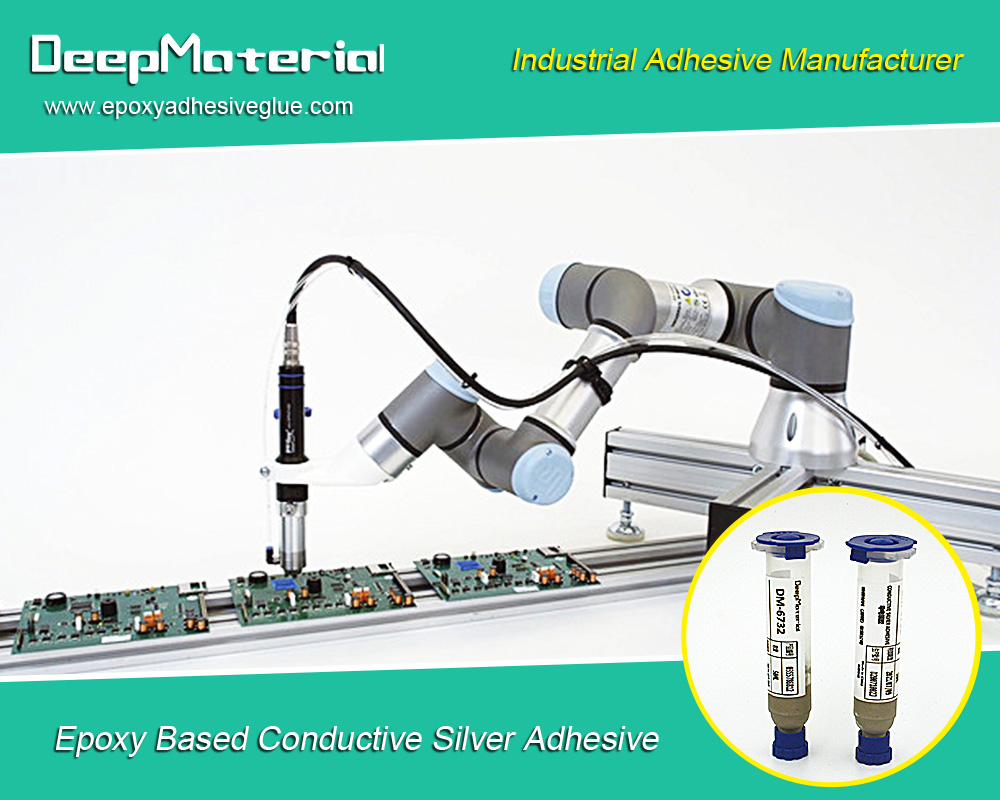
Conclusion
Epoxy powder coatings are a versatile and highly effective solution for electrical insulation. Their superior dielectric properties, thermal stability, chemical resistance, mechanical strength, and adhesion make them ideal for various electrical and electronic applications. While the application process requires specialized equipment and expertise, the long-term benefits of epoxy powder coatings, including environmental friendliness, cost-effectiveness, and versatility, make them a valuable investment.
As advances in epoxy resin formulations, nanotechnology, and environmental sustainability continue to drive innovation in the field, the future of epoxy powder coatings for electrical insulation looks bright. These advancements promise to deliver even better performance and open new possibilities for using epoxy powder coatings in electrical and electronic applications.
For more about choosing the best epoxy powder coating for electrical insulation: a comprehensive guide, you can pay a visit to DeepMaterial at https://www.epoxyadhesiveglue.com/category/epoxy-adhesives-glue/ for more info.



